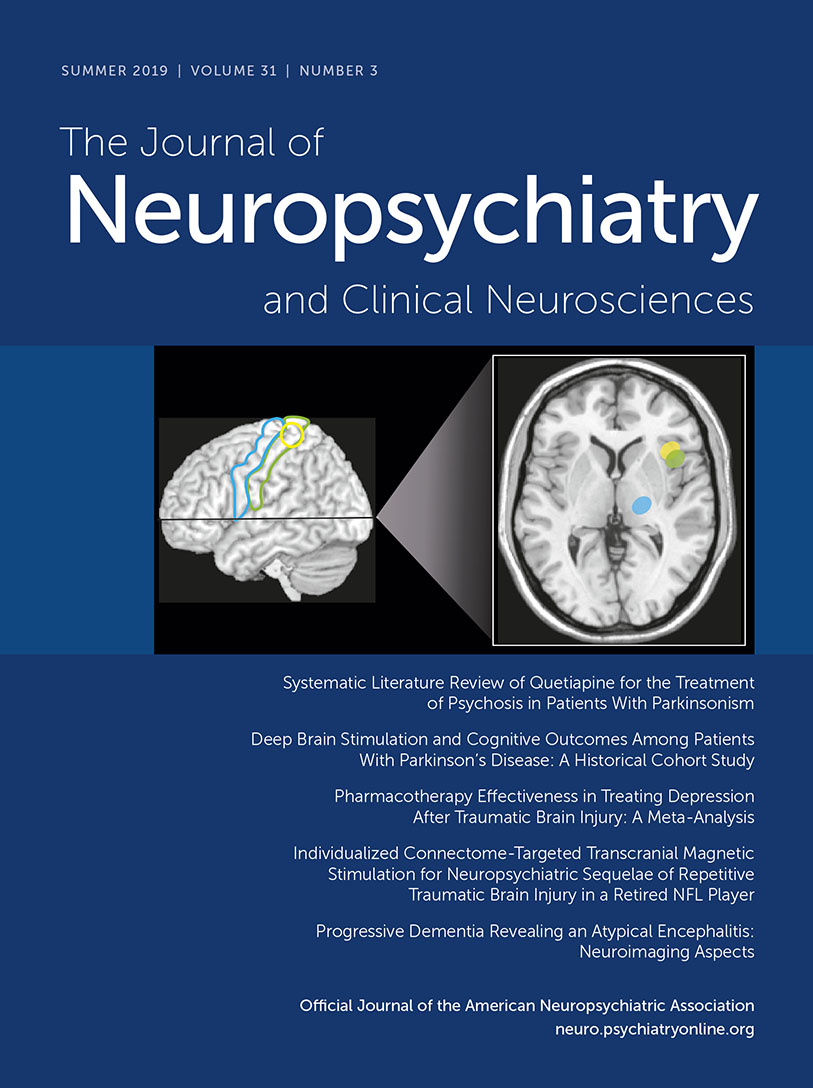Biomarkers of Autoimmunity in Acute Psychiatric Disorders
Abstract
Objective:
Previous studies have suggested that autoantibodies associated with systemic autoimmune disorders are more prevalent in patients with psychotic and affective disorders compared with healthy control subjects. However, most positive studies addressing this issue have been limited by small sample sizes and lack of correction for confounding factors. The authors aimed to assess the prevalence of several autoantibodies in patients admitted to acute psychiatric inpatient care and investigate whether patients with psychotic and affective disorders have an increased prevalence of autoantibodies compared with psychiatric patients admitted for other reasons.
Methods:
Five hundred eighty-five patients were screened for the presence of antinuclear antibodies (ANA), anticardiolipin and antibeta2-glycoprotein, antithyroid peroxidase (anti-TPO), antitissue transglutaminase IgA, antigliadin deamidated peptide IgG, and rheumatoid factor IgM (RF). Differences in prevalence between patients with nonaffective psychoses (N=105), bipolar disorders (N=78), unipolar depressive disorders (N=146), and other reasons for admission (N=256) were assessed using chi-square tests and logistic regression models.
Results:
One or more autoantibodies were present in 26.2% of the patients, including ANA (9.4%), RF (9.2%), and anti-TPO (5.6%). Autoantibody prevalence increased with age (odds ratio=1.21, 95% CI=1.09–1.35) and smoking status (odds ratio=1.99, 95% CI=1.04–3.82) but was not associated with a diagnosis of a psychotic or affective disorder.
Conclusions:
Autoimmune autoantibodies seem to be equally prevalent in patients with acute psychiatric conditions with and without psychotic and affective disorders. This result challenges the idea that these autoantibodies have specificity for certain psychiatric disorders.



